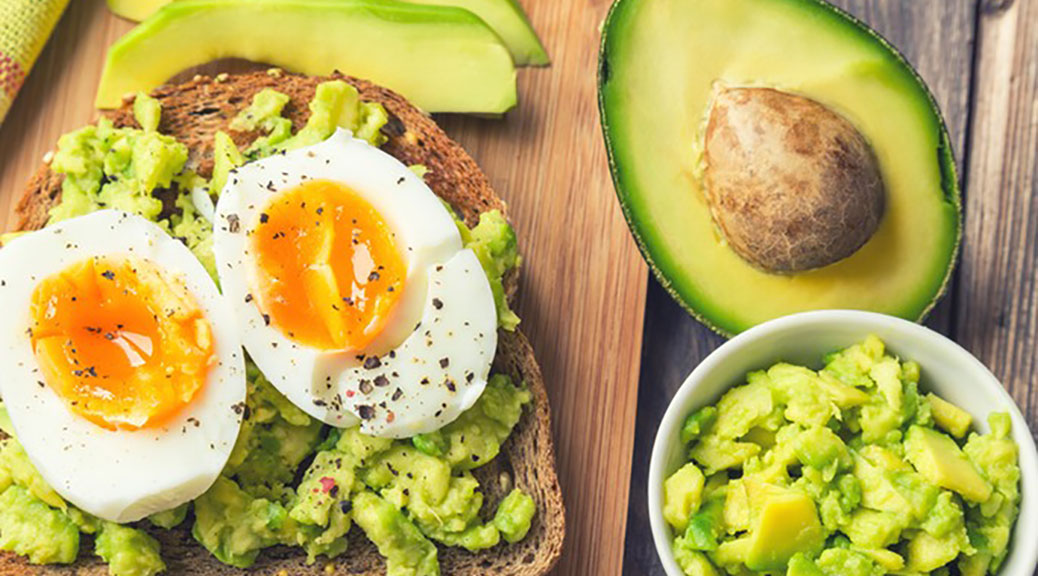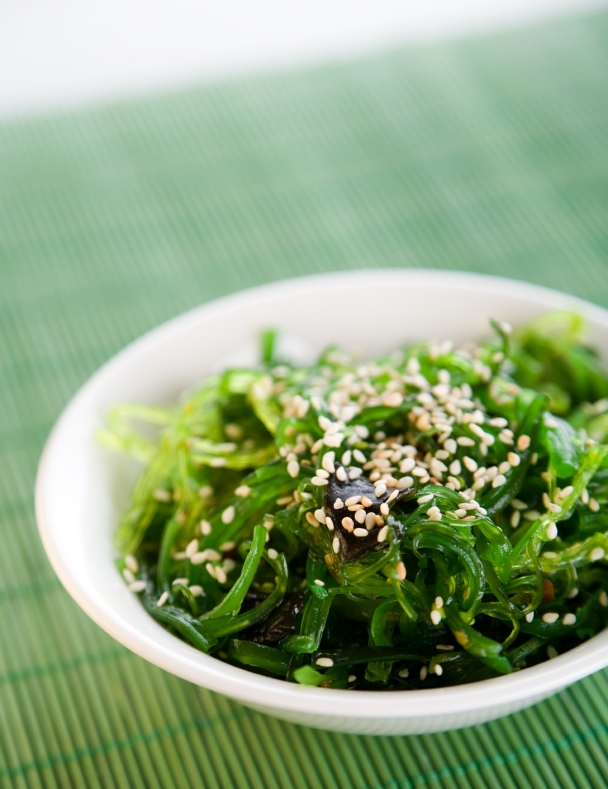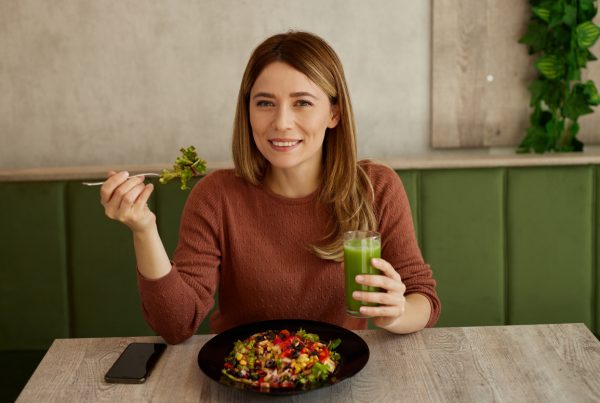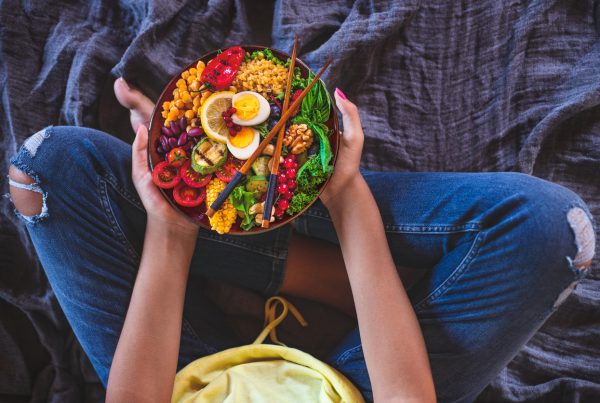The fashionable foodies are here to stay, so it would seem. Olivia Hubbard shares her opinion on the clean-eating addiction that has swept the nation.
I read that the UK has seen its first ‘pop-up’ avocado restaurant grace our already swamped food scene – get in quick for your five courses before 12 June. What’s caused this mushy green demand? Meet the foodies who are leading the way in carefully crafted clean food design. The Bodycoach Joe Wicks boasts 1.1 million followers on Instagram these days – he can be found smiling from a New York balcony (probably holding an egg). Then there’s Deliciously Ella, who has tallied up 856,000 followers. Ella Woodward adopted a plant-based diet after overcoming a rare illness and studied History of Art at university. Woodward admits online that she’s ‘self-taught’ and there’s been a few failed experiments along the way. Then let me introduce the Hemsley sisters, whose catalogues of recipes are stunningly beautiful. They’re all experts in self-promotion but they’re not dietitians and they’re taking over the ‘healthy eating’ food sphere quite dramatically; they have become influencers to our weekly grocery shop. What’s worrying is the lack of scientific backing to justify why we must overhaul our diets to fit their supper-time suggestions. Their recipes may be delicious, but there’s a big difference between a cook or a chef and a dietitian. What they seem to do attempts to straddle both very different disciplines. I watch people balance their courgettes and almonds ready for toasting; with no nutrition background of their own, what are they supposed to believe? The media charge in as usual and paint a very pretty picture – except how pretty is it?
Bread is now seen as evil. Let’s hark back to Victorian times with those impressive picnics: hunks of white dough and slabs of cheddar cheese. £120 million has been wiped off the combined bread sales of the UK’s three largest brands, according to market research at The Grocer. Lunch time sandwiches are out. On the green fruit scene, however, Pret A Manger has said ‘thanks very much’ to its customers for scooping out five million avocados last year and Tesco has well and truly jumped on the green fruit bandwagon with its latest offering of an alternative to your buttery spread: a dairy-free, vegan-friendly alternative avocado spread of joy. Great job, guys. I am beginning to feel slightly sorry for the avocado. My talented cousin is nearing the end of her textiles degree and has designed avocado tea towels. They look fantastic. But isn’t it crazy how a fruit can become a trend in its own right? And it’s not passing any time soon. I once stayed on an avocado farm in Chile – we ate avocados at every meal time, avocado pie was quite nice and the assortment of other sweet desserts I was force-fed were certainly digestible. If only I knew people were going to start making a quick buck out of ‘60 ways to cook with an avocado’. I had already done my ground work; I could have been quids in.
Yes, we are celebrating healthy eating but ‘clean eating’ evokes the potential danger of becoming a health hazard. My concern is the rise of orthorexia nervosa. Confusion is evoked over where the distinction lies between orthorexia and eating healthily. Academics at the National Eating Disorders Association (NEDA) say that, if it is taking up an inordinate amount of time, or deviating from the diet is met with self-loathing and/or it is used to avoid issues in every-day life, then the line may have been crossed. Someone with orthorexia typically avoids anything processed, such as white flour or sugar, and gluten and dairy could be cut from the diet. Deanne Jade, founder of the National Centre for Eating disorders (NCFED), told Fit Pro, “Orthorexics usually don’t wish to; they just want to be rid of the worst of the consequences, but not to change their eating. Orthorexics have many of the same personality characteristics as anorexics.” What’s extremely disconcerting is this population has been described as a ‘silent and grave’ one and self-esteem is said to be wrapped up in the purity of an orthorexic’s diet.
The eliminating effect
According to Bryan Walsh at Precision Nutrition, an elimination diet “is when you eliminate certain foods for a period of time, usually three or four weeks. Then slowly reintroduce specific foods and monitor your symptoms for possible reactions.” Walsh reinstates the purpose of the elimination diet, which is not to get rid of all foods “because that would be awful”. Individuals should slowly reintroduce food to gauge whether you may be suffering from food intolerance. If you don’t prepare for those food groups you have extracted from your diet, you’re at risk of malnourishment.
Successful food bloggers-cum-TV presenters the Hemsley sisters have made vegetables pretty, exciting and unexpected. If you haven’t invested £20 in their spiralizer to produce strands of courgetti, you probably wouldn’t describe yourself as a die-hard fan. The sisters are on to a winner with their beef ragu and courgetti recipe. They tell their readers, “The new way to eat spaghetti bolognese!” And, “Rather than heavy, glutinous pasta, we use courgetti.” It seems that ‘gluten’ has been branded a must cut-out for diets without proper diagnosis for intolerance or disease. It’s become ‘trendy’ to not eat gluten and our stomachs are obviously freaking out when we head to our favourite local Italian.
According to Coeliac UK, under-diagnosis for coeliac disease is a really big problem, with around 500,000 people not having been diagnosed. Then there are those people who have self-diagnosed because their friends have gone ‘gluten-free’ and they simply feel fabulous and as lightweight as a papier maché marrow. The Hemsley sisters, who began as food bloggers (they now have 241,000 followers on Instagram) say on their website that they’re “always on the look-out to champion new vegetables” and “incorporate them into their recipes in delicious and unexpected ways”. How unexpected can one get with a vegetable? My housemate is fan of their beetroot and black quinoa salad and I can’t argue, as it was pretty fabulous.
But let’s not get carried away with the spiralizing green world we’re living in and our fascination with mung beans. What may work for someone else could be a disaster food combination for you. Talk to the experts, speak to a dietitian and monitor your food behaviours. The ‘one size fits all’ approach just isn’t OK – don’t get swept into the green goodness noodle salads; instead, get educated and know who to trust. The foodie sisters caused quite a stir last week as they included a mysterious ‘biodynamic’ egg in their lists of ingredients on their TV episode, which also featured a sampling of beetroot and chocolate cake. Viewers ridiculed the duo, some saying, “Did the egg perform yoga when it laid it?” and stated that the show’s viewers are “buying into this fairytale of food”. I watch Saturday Kitchen every week, like much of the rest of the UK. The Hairy Bikers, Rick Stein and James Martin entertain me. Stein cooks with energy and experience and, quite simply, is ‘on point’.
Now, I’m no trained chef, but neither are these gorgeous clean eaters who have achieved prime-time air time on a snoozy Monday evening and are influencing the food choices we make. Cynical me, but I can’t help think they’re getting richer and we’re getting more confused about food.








